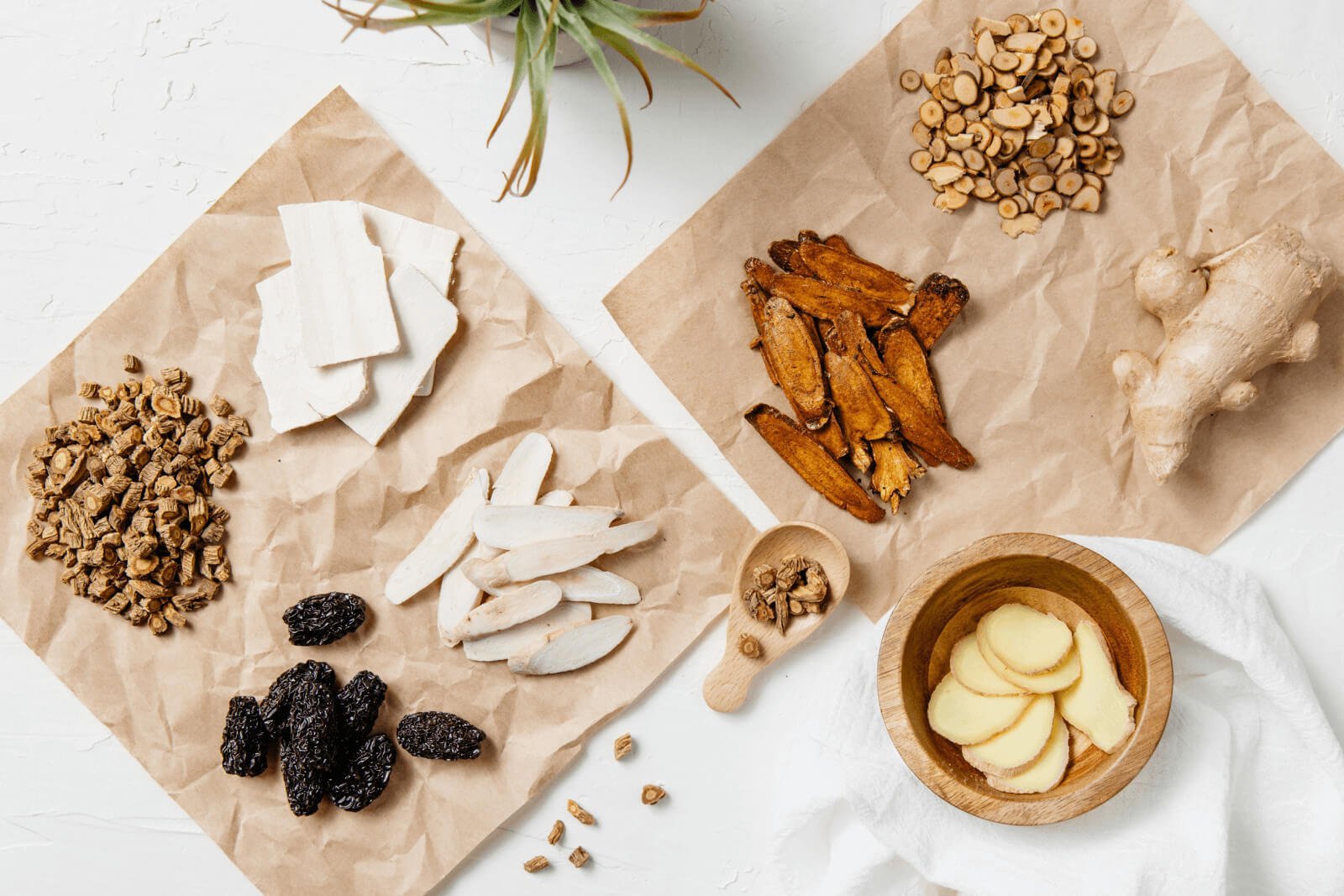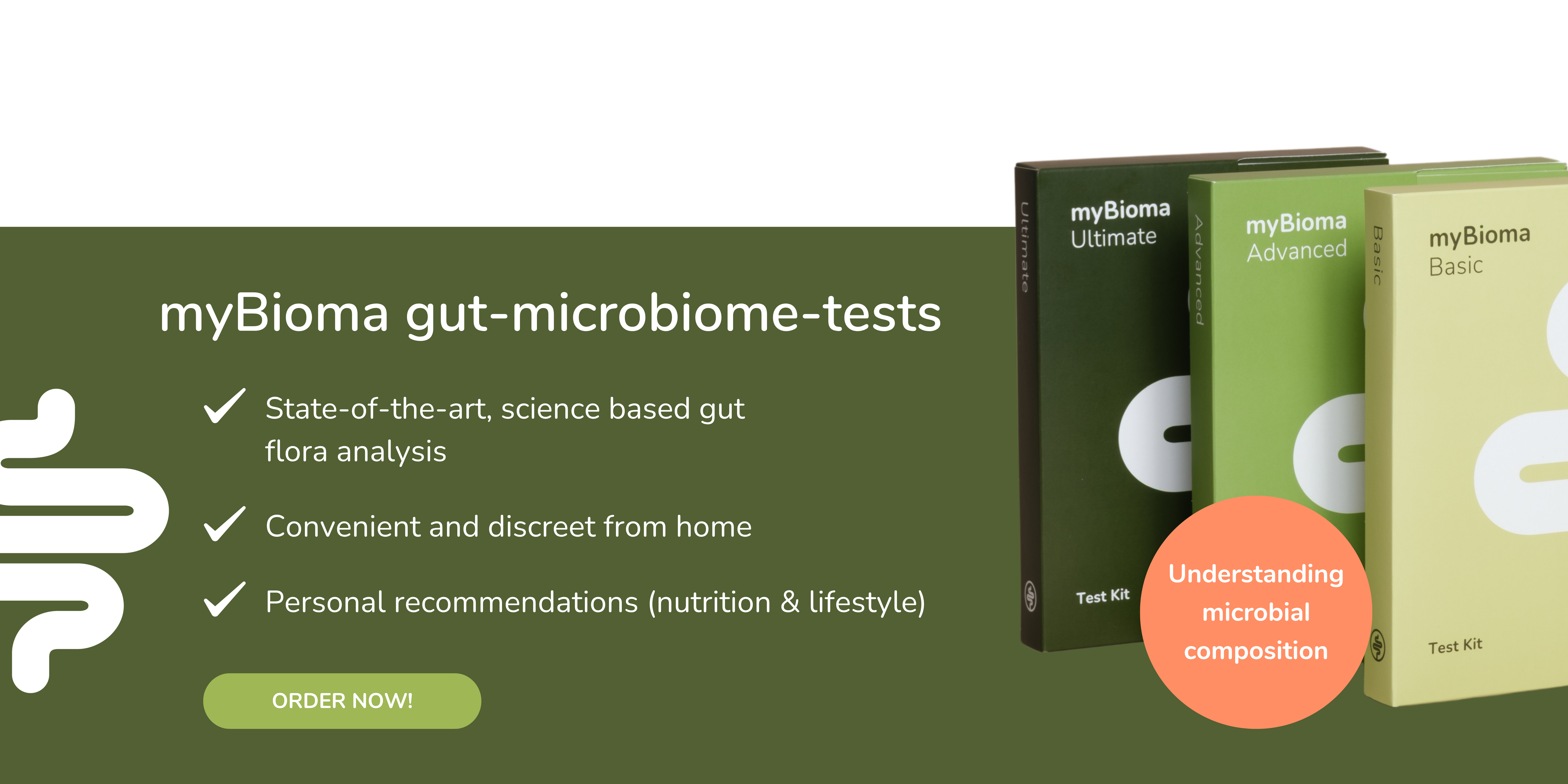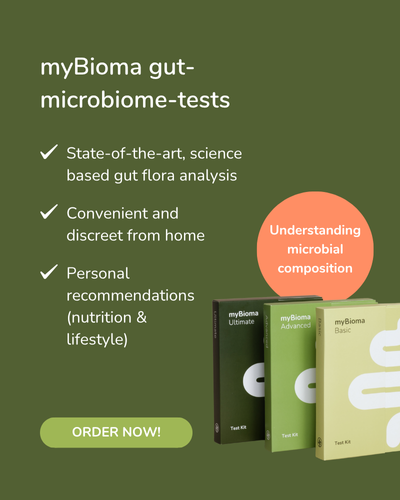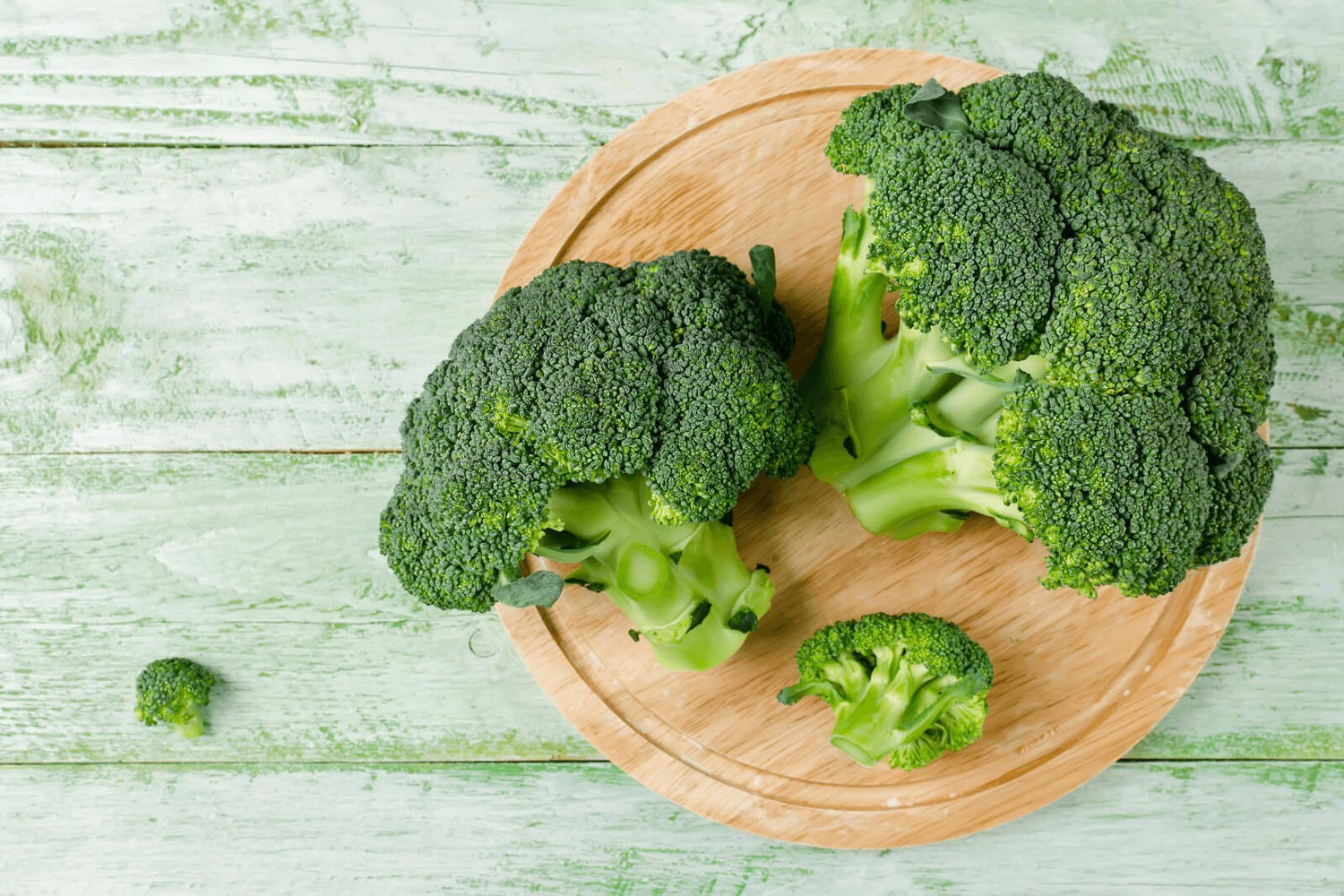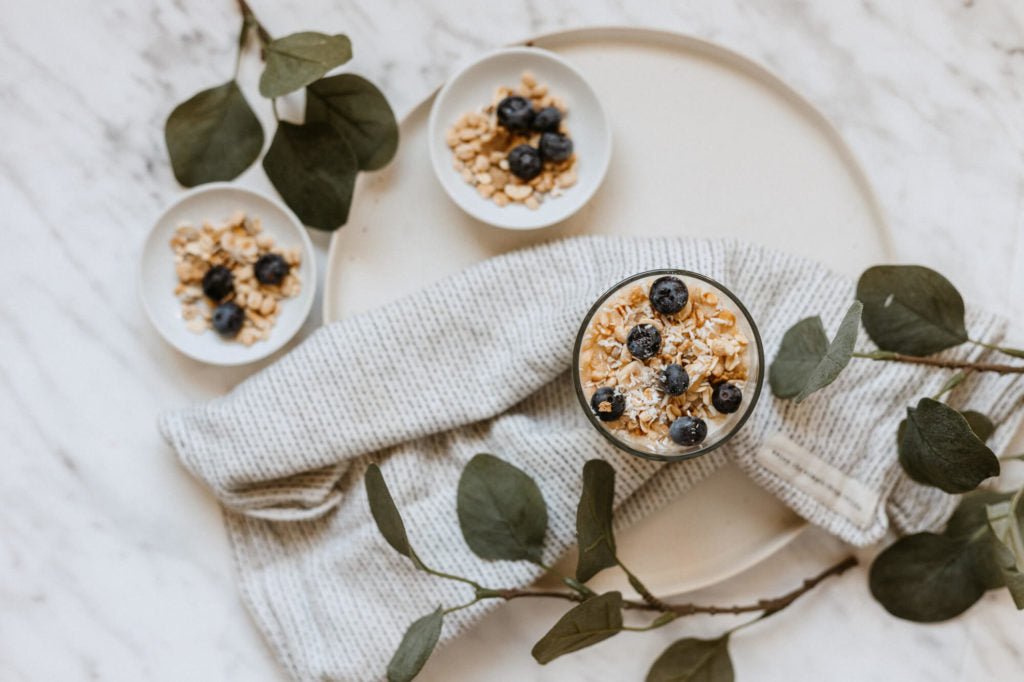Table of contents
- Traditional Chinese Medicine (TCM)
- About the author of the article - Cornelia Führer
- The path to a vegan, TCM diet
- A fatal misconception: vegan = healthy
- Supplements and the vegan diet
- The individual approach: there is no such thing as ‘one’ healthy diet!
- Personalised advice
- TCM counselling and gut health
- This is how you can reach Cornelia
Traditional Chinese Medicine (TCM)
Anyone who deals with alternative medicine comes to this Traditional Chinese Medicine (TCM) not over. Another trend focuses on a healthy and sustainable diet - more and more people are eating plant-based or purely vegan. The nutritionist Cornelia Führer combines these two views in her work as a nutritionist and shows that this combination can have benefits for intestinal health, among other things. In today's guest article, Cornelia describes her experiences with the vegan nutrition and shows what hurdles there can be - especially in relation to TCM.
About the author of the article - Cornelia Führer
I'm a graduate Nutritionist and qualified nutritionist based on traditional Chinese medicine. After gaining consulting experience in a fitness chain and in a medical practice, I have now been working as a self-employed nutritionist for several years and look after my customers almost exclusively online.
A few years ago came the focus of the vegan diet in my consulting practice – a very unusual combination with traditional Chinese medicine. As a holistic medicine, all foods have their place in TCM; they are used according to their effect in the body and serve, among other things, therapeutic purposes. Excluding entire food groups therefore requires special attention - nutritionally, of course, in terms of nutrient supply, but according to TCM in terms of the effects they have on the body.
The path to a vegan, TCM diet
I turned to a vegan diet myself because of my interest in nutritional science. The opinion “If you eat vegan, you have to eat so much more and still lose weight” was extremely popular at that time. As a nutritionist, where losing weight is always a big topic, you can't avoid taking a closer look at this aspect. So I started a self-experiment and eliminated all animal products from my diet. Dairy products weren't good for me in terms of TCM, and I almost never ate meat anyway.
So I turned to a vegan diet out of nutritional interest, but in the end I also stayed for ethical and ecological reasons.
For me personally, it's one of the best decisions I've ever made - I feel much more at peace with my food choices, my body simply feels "cleaner", I don't feel as sluggish anymore and my digestion works (almost) perfectly . MyBioma's microbiome analysis also confirmed this to me - my microbiome is super fit & the body's metabolic pathways are running smoothly!
A fatal misconception: vegan = healthy
However, eating vegan does not automatically mean maintaining a healthy lifestyle.
Almost all fast food restaurants now offer vegan options; there is plenty of vegan chocolate, pizza and ready-made products. The days of “eating only vegetables and beans” are long gone.
On the other hand, a plant-based diet is health-promoting (and also recommended by nutrition societies). based on legumes, whole grains, fruit, vegetables and good fats. This applies equally to omnivores, vegetarians and vegans. If you follow this principle and design your menu accordingly, wholesome and with natural foods, the path to a slim figure is conceivable with any type of diet. Whether I want to include meat or fish in my diet 1-2 times a week or opt for the plant-based alternative instead remains a personal preference, as long as a medical history or current situation does not rule this out.
Supplements and the vegan diet
Anyone who decides to follow a vegan diet is advised to look into the topic of supplements (better sooner than later) (keyword vitamin B12).
That doesn't mean this diet is unnatural or difficult to follow, but it does require planning and some basic knowledge of critical nutrients. Since we otherwise only absorb vitamin B12 through animal products, external intake is very important.
The individual approach: there is no such thing as ‘one’ healthy diet!
In traditional Chinese medicine, animal products (especially meat) are used to build up the life energy Qi - they are intended to nourish, warm and are important for building blood. In my consulting practice, I often see Qi (i.e. energy) deficiencies, digestive problems, diarrhea, persistent feelings of cold or a lack of blood (from the perspective of TCM), especially among vegans. Anyone who eats a lot of raw food, drinks two matcha lattes a day and consumes a lot of soy yogurt should not be surprised by constant cold, fatigue and diarrhea. Of course, your own constitution type and annual rhythm (summer vs. winter diet) play a crucial role here. There is no one right way to eat – “your diet is as individual as you,” as I like to say.
What is generally viewed as a “healthy” diet may not be particularly beneficial in individual cases and may do more harm than good to the body.
Personalised advice
This is also one of the focus points in my consulting practice. By taking an appropriate anamnesis, I can usually quickly find out where the “sticking points” lie and can give my clients individual recommendations on how they can improve their diet according to their type or symptoms. General nutritional recommendations are intended for the general public and provide an important guideline, but they can never replace individual advice and personal recommendations. I therefore support my clients with targeted food selection, type-appropriate preparation methods and suitable spices/teas in order to get the best out of their diet for themselves. Of course, nutritional recommendations (nutrients, supplements) are also included here. Since your own diet usually also includes emotional components and lifestyle modification, support on an interpersonal level should of course not be missing. I always see people as a unit, body and mind belong together - that's why I am very much in favor of the TCM view, which sees people as a whole and as a part of the bigger picture.
TCM counselling and gut health
Therefore, intestinal health is a very important component for me and should not be missing from a holistic approach. Even though the question about going to the toilet every day is not the most popular question in consultations and often causes embarrassment, I try to explain how important this factor is for our health. “Well, normal anyway” isn’t a satisfactory answer for me (and yes, I’ll ask), flatulence doesn’t have to be part of everyday life and, in my opinion, hoarding toilet paper in times of crisis represents potentially unbalanced intestinal health rather than forward-looking thinking ;-) .
What we excrete from our body is part of the diagnosis in TCM
Bowel movements are one of many pieces of the puzzle that can indicate various imbalances in the body (this also includes menstruation, urine, sweat, mucus, discharge, etc.). Our microbiome as an almost independent “organ” lives with us in a special symbiosis and should therefore not be left out when viewed holistically.
While some people can munch on bowlfuls of raw food, others react with severe stomach pain and diarrhea. Anyone who has avoided legumes on their plate all their life should not be surprised that, not only when switching to a plant-based diet, the first few beans really cause noise and there may be a bit of a pinch and twitch at the beginning. However, it is important to understand that this does not automatically mean that “beans are not for me”, but rather that our digestive system needs a period of adjustment. There are also tips and herbs/spices that can help improve digestibility.
The best foods and nutrients are of precious little use to us if our digestive system doesn't have the capacity to get the most out of them.
It is therefore particularly important to consider the individual initial situation, tolerance and personal preferences in order to create a personal diet that is as complete as possible but also enjoyable.

Cornelia Führer, TCM coach.
This is how you can reach Cornelia
On my website's blog www.eatwhatfeelsgood.net I constantly share delicious, vegan recipes that are good for both the body and the soul. The same applies to my Instagram channel (@eat.what.feels.good), where there are ongoing tips and tricks about vegan nutrition, traditional Chinese medicine and the success of changing your diet.
Thank you Cornelia for your valuable input!


